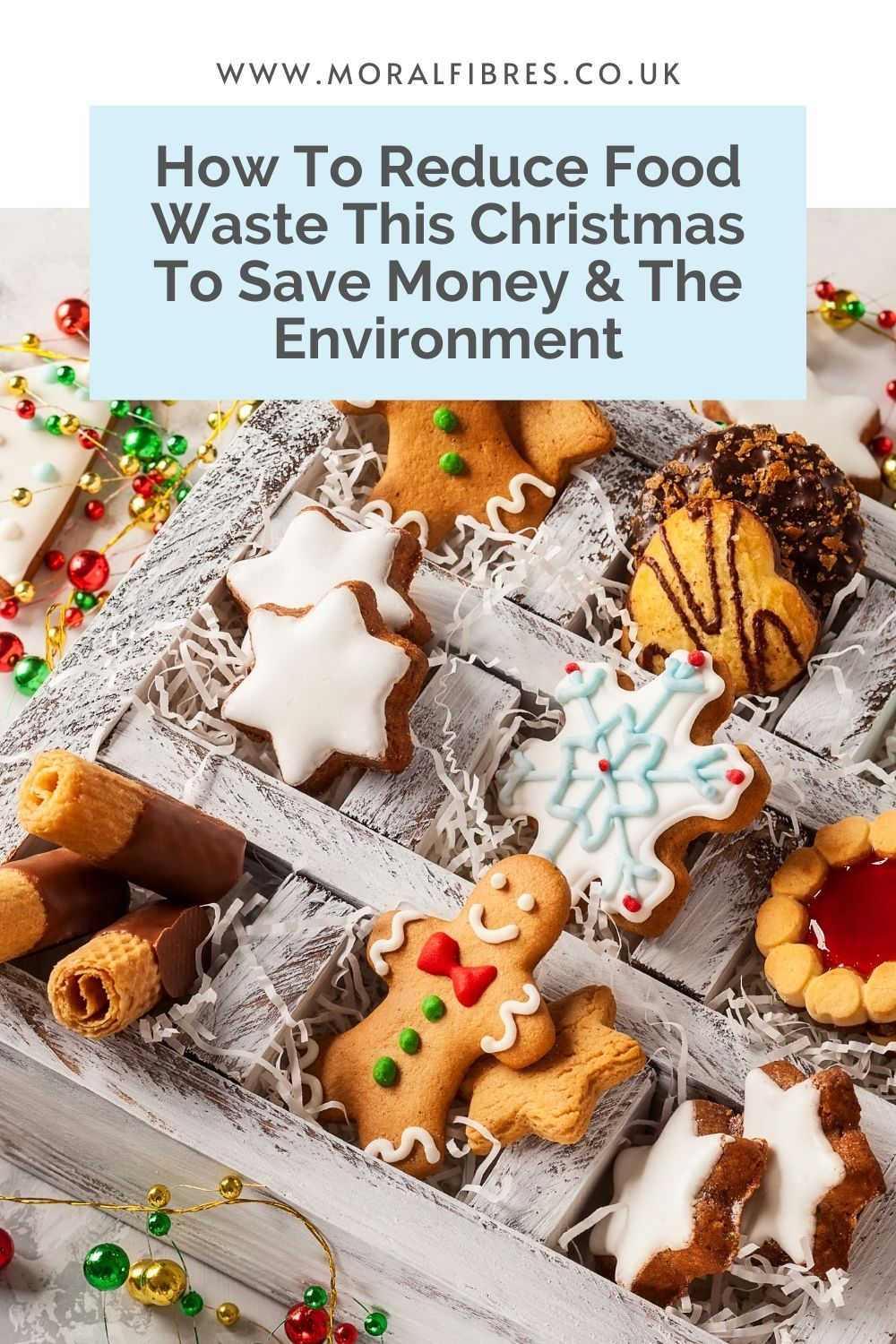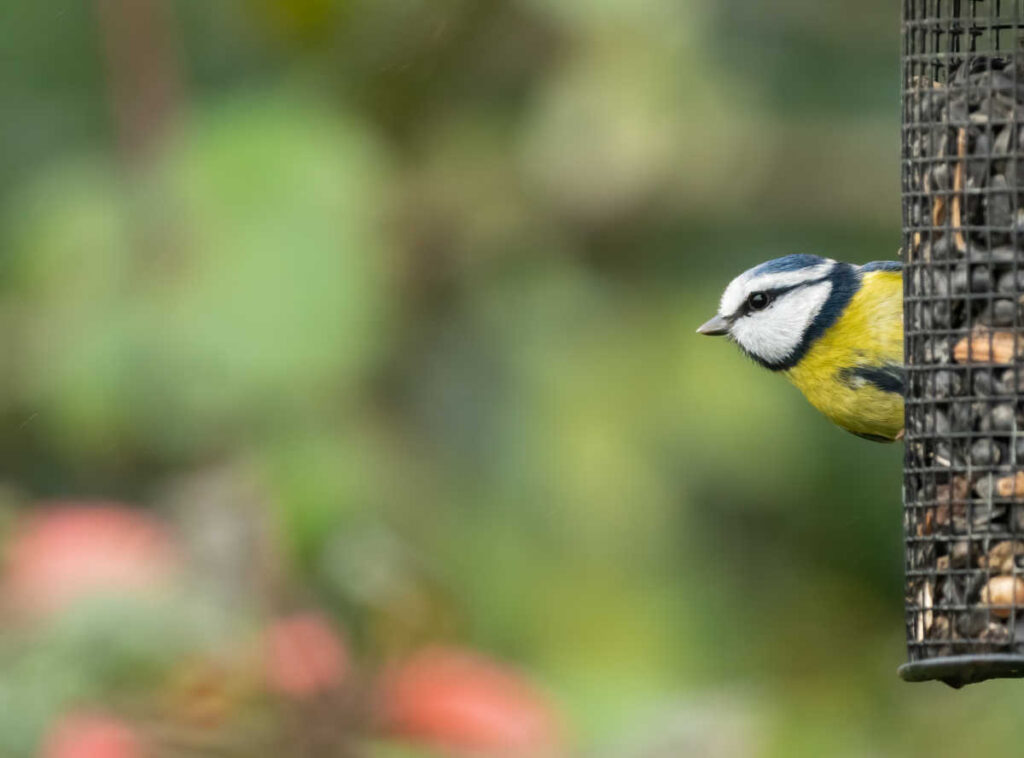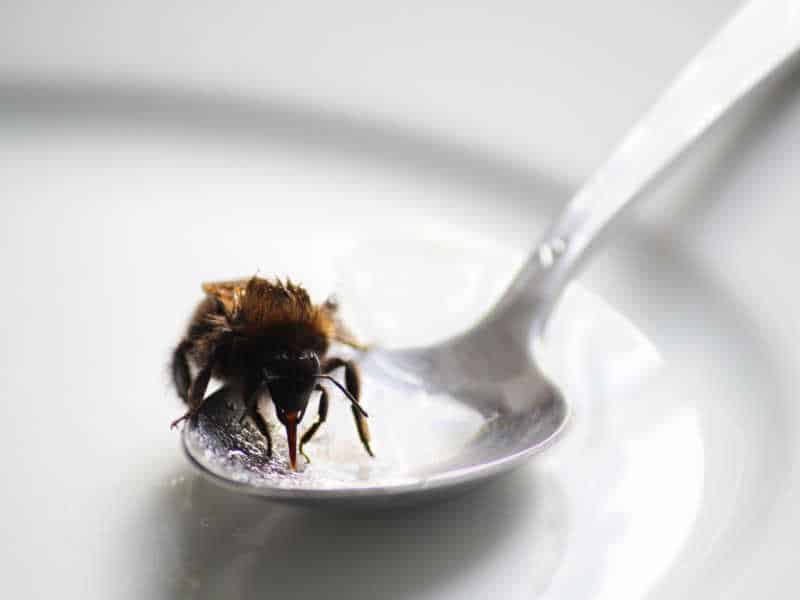How To Reduce Food Waste At Christmas
To support the running costs of Moral Fibres, this post contains affiliate links. This means Moral Fibres may earn a small commission, at no extra cost to readers, on items purchased through these links.
Looking for tips on how to reduce your food waste this Christmas? I’ve got all the tips for you right here to slim your food waste bin, to help save money and the environment.
Christmas is the perfect time to relax with a glass of something nice and to treat yourself to a host of culinary delights. A festive dinner with all the trimmings. Christmas cake. Mince pies. These are just some of the goodies you can expect at this time of year.
With around 4.2 million Christmas dinner servings binned each year in the UK, it makes good environmental and financial sense to reduce our food waste at this time of year. Thankfully, while some leftovers are inevitable, a little bit of preparation can mean you waste less food this festive season.
5 Easy Ways To Reduce Food Waste At Christmas

Here are my top five ways to reduce your food waste this Christmas:
- Know Who You’re Cooking For
- Utilise Your Freezer
- Buy Fresh Produce Daily
- Be Wary Of Supermarket Deals
- Make The Most Of Leftovers
1. Know Who You’re Cooking For
If you’re preparing Christmas dinner this year then it can be tempting to cook far too much out of fear someone will go hungry. This can lead to an awful lot of uneaten food.
While you don’t want your guests to starve, it’s important to think carefully about who is coming and work out roughly how much they will eat.
As a general rule of thumb, cook enough food to make up one spare dinner. This is just in case somebody is particularly hungry. However, there’s no need to go over the top. With all the extras on offer at Christmas, it’s unlikely many people will be asking for an extra portion!
This is also a good time to think about what people actually like to eat. Whilst it may be traditional to eat sprouts at Christmas, do you and your family actually like sprouts? If not, it’s perfectly acceptable to leave them off the menu. Traditions may be traditions. However, if they lead to food waste, then it’s time to make your own new traditions!
2. Utilise Your Freezer
Fresh produce is highly perishable and must be eaten up before its use-by-date to avoid food poisoning. Frozen food, on the other hand, lasts for a long time. The good thing is that it can be whipped out whenever you have unexpected visitors that need feeding.
As such, it’s a good idea to freeze fresh food that you might need at Christmas. And by stocking up on such items you won’t have to worry about running out of food. Nor will you need to throw away things that have gone off in the fridge.
Using this approach also means you can stock up well in advance of the big day. This handily also allows you to spread your budget.
You can also utilise your freezer to store freezable leftovers. Whilst we’re probably all familiar with the usual suspects that can be frozen, check out my guide to the foods you didn’t know you could freeze to see if there is anything you have been binning that you could have been putting in the freezer instead.
3. Buy Fresh Produce Daily
Instead of buying vast quantities of fresh produce that might not get used and consequently end up in the food waste bin this Christmas, try purchasing fresh produce such as milk, yoghurt, or cream on a daily basis. Depending on where you live, your local supermarket may only close on Christmas Day itself, so there really isn’t any need to bulk buy short-dated foodstuff.
If you do prefer buying products in bulk, look for items with long use-by-dates such as long-life milk. Or alternatively, opt for powdered alternatives, like packet sauces, instead.
What’s more, make sure you store all food correctly so it doesn’t go off. While avocados, for instance, must be kept in the fridge, garlic and potatoes will last longer in a cool dark cupboard. I also have heaps of clever tips to make your fruit and vegetables last longer.
4. Be Wary Of Supermarket Deals
At this time of year, you can expect to see all kinds of buy-one-get-one-free deals and other bargains in the supermarkets. Whilst these deals are tempting, the golden tip to avoid food waste at Christmas is not to buy anything you don’t need.
It’s easy to say “sod it, it’s Christmas”, before placing the items in your shopping trolley. However, if you buy things in bulk that you’d never normally eat at any other time of the year, these might end up in the bin.
If you do find yourself with unopened packets in the cupboards that you’re never going to consume post-Christmas, consider taking them to a soup kitchen or your local food bank. This is with the caveat that the items are in date and you’re sure it’s something that can be used by the food bank or soup kitchen. If in doubt, do phone up to ask before turning up with donations.
5. Make The Most Of Leftovers
For my last tip on how to reduce your festive food waste, whatever you do, don’t throw away those Christmas dinner leftovers.
Everything from carrots and broccoli to cauliflower and roast potatoes can be made into a delicious chunky broth or soup. And any leftover Christmas dinner will be mouth-wateringly delicious the next day when served in a hot bread roll.
Some aspects of Christmas Dinner can also form part of a Boxing Day buffet. Meanwhile, if you peel too many spuds and decide not to cook them all, save them for a stew or curry sometime over the Christmas period. Many seasonal types of meat and veg can be easily thrown into a slow cooker and turned into a scrumptious meal.
Christmas is a great time to socialise with friends and family enjoying a wide range of delicious foods. And while it wouldn’t be the holiday season without good food, with these handy food waste tips you can help reduce your food waste whilst having fun.
PS: don’t forget to check out my vegetarian Christmas dinner ideas, or my full guide on how to have an eco-friendly Christmas.
Found this post useful? Please consider buying me a virtual coffee to help support the site’s running costs.




